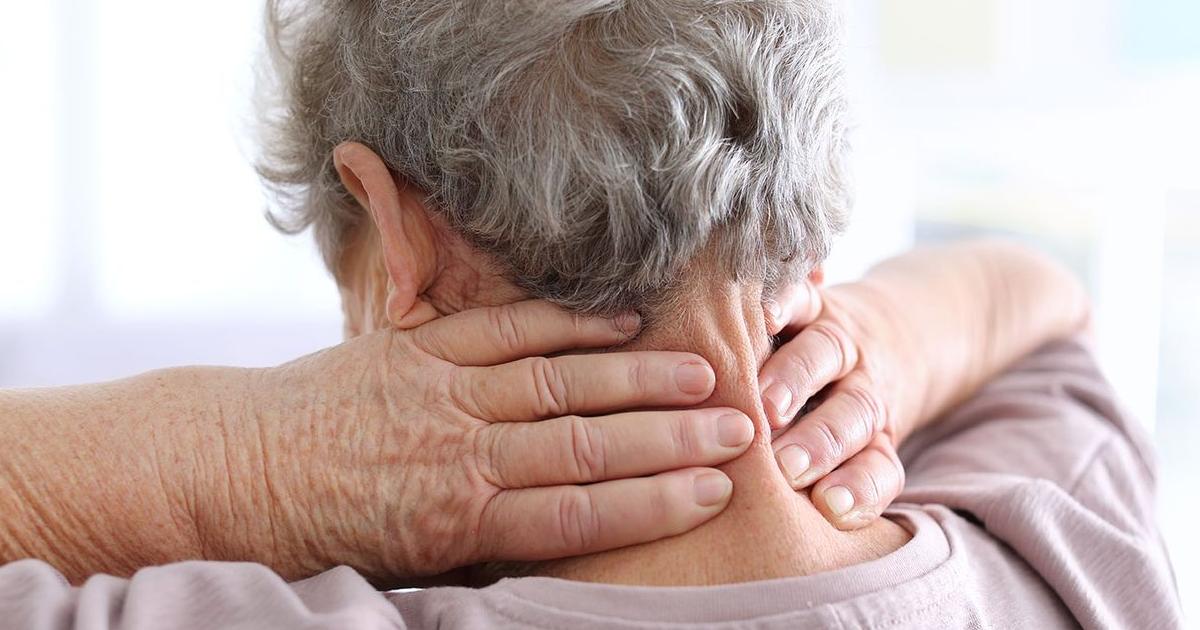What Are Common Herniated Disc Symptoms?
Neck Stiffness

Individuals who have a herniated disc in the upper back or neck may experience neck stiffness. This symptom makes it difficult to sleep and perform daily activities, and the stiffness may be worse in the mornings. Doctors can evaluate the severity of neck stiffness by asking the patient to perform certain movements, including touching their chin to their chest and touching their ear to their shoulder. Stiffness is often accompanied by pain that may vary in severity. To increase the range of motion in the neck and reduce pain, the patient may be advised to have physical therapy, and pain relievers are usually prescribed. If the pain is mild, patients might want to take an over-the-counter pain reliever such as ibuprofen or acetaminophen. For moderate to severe pain, doctors can prescribe a short course of narcotic medicines like codeine to manage the pain more effectively. Some patients find anticonvulsants can help reduce the nerve pain that may occur with neck symptoms. In addition to medications, applying ice or heat to the neck can help to temporarily ease movement and reduce pain. Patients may apply whichever is more soothing to them, and it is recommended that either ice or heat be applied in increments of twenty to thirty minutes at a time. The ice pack or heating pad should always be covered with a towel to prevent direct contact with skin. Gentle massage can also alleviate pain, and a physical therapist or medical massage therapist will instruct the patient in the most effective massage techniques for treating their pain.
Learn more about herniated disc symptoms now.